Ethiopia Lecho Torka
2022 GOOD FOOD AWARDS WINNER

Producer: Smallholder Farmers
Region: Lecho Torka, Uraga, Guji, Oromia
Variety: 74110, 74112 and local “landraces” (naturally adapted local varieties)
Processing: Washed
Elevation: 1980-2230 masl
Wet Mill: Lecho Torka Washing Station
Dry Mill: Addis Ababa
Harvest: Sept 2020-January 2021
Soil: Vertisol




1 comment
superlative ethiopian intense honeysuckle tropical fruits notes black tea cola lime sweet acidity crisp scallion as pointed out by Red Fox moves into a luscious high toned endless aftertaste. pleasurable and exciting this beautiful roast should easily win a good foods award Very impressive thank you!